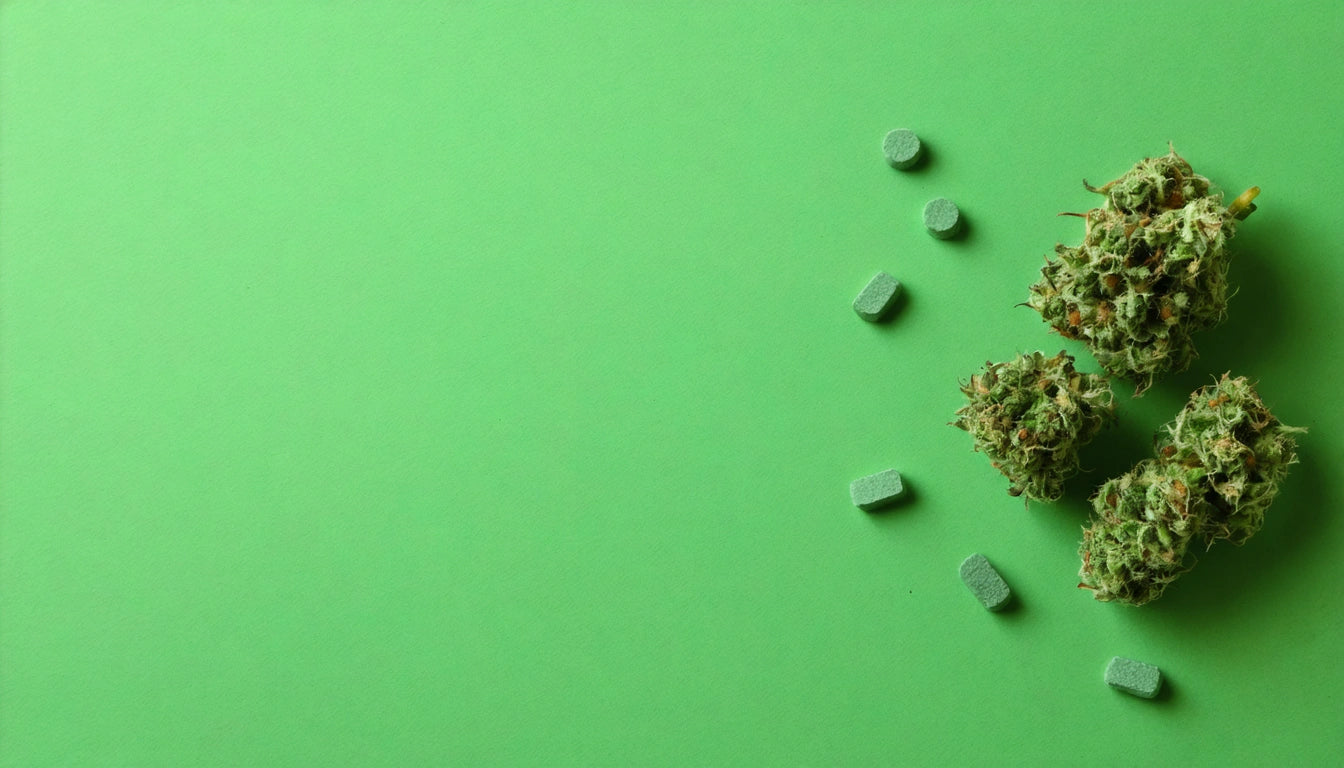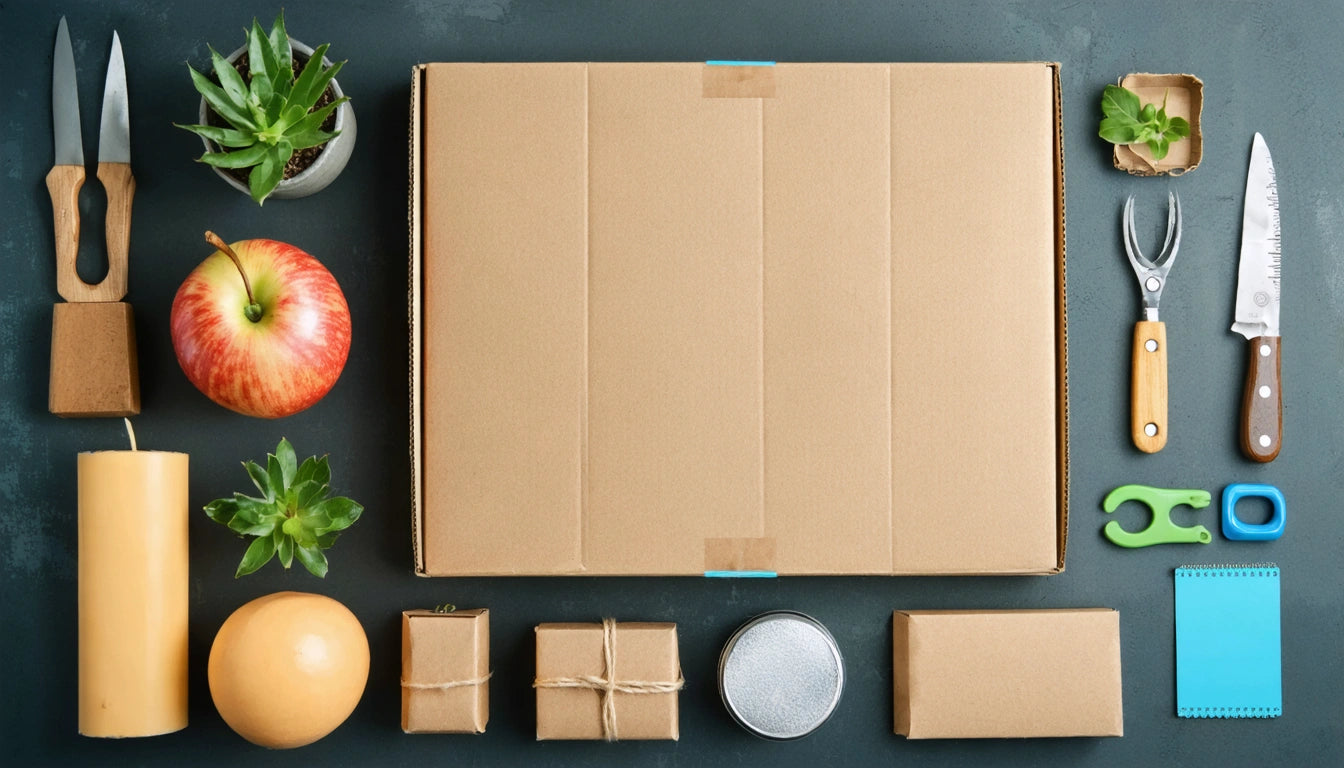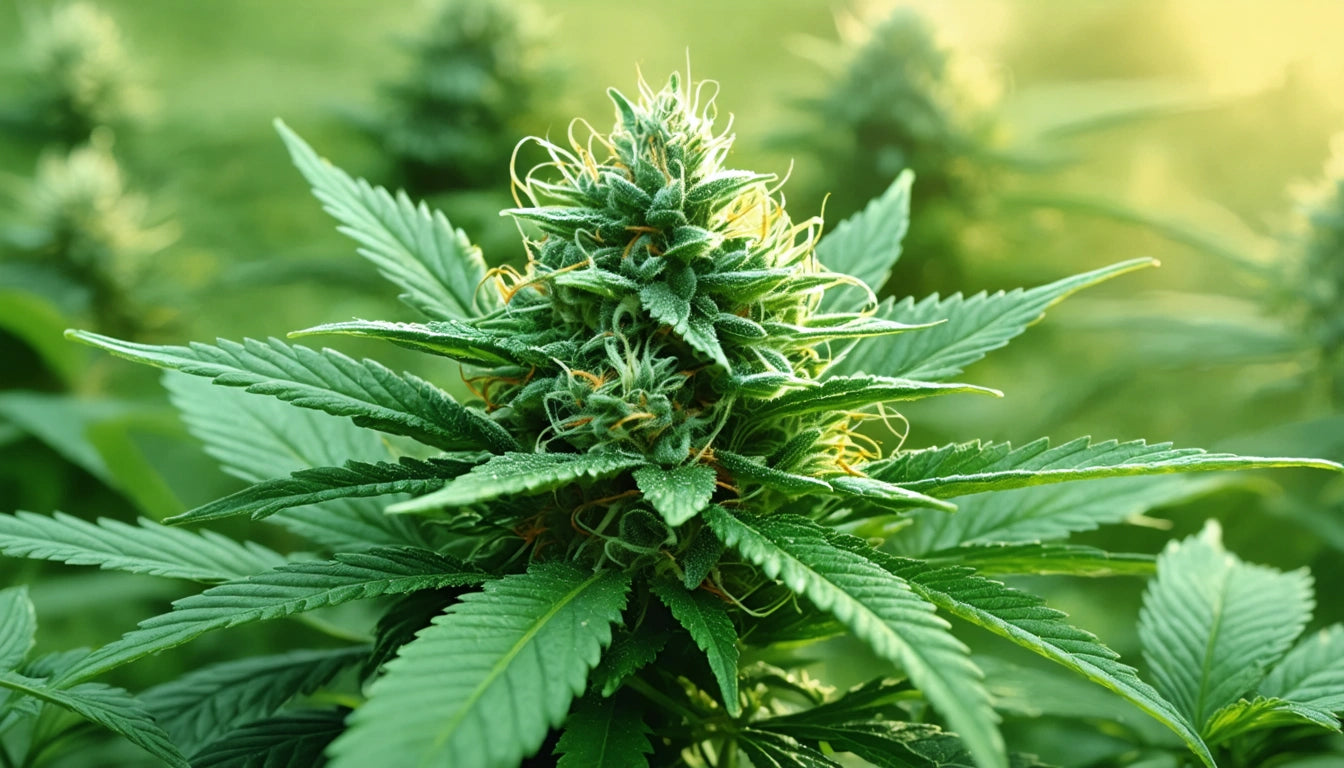Table of Contents
Understanding Drug Legality and Decriminalization in Washington State and Portland
The Pacific Northwest has been at the forefront of drug policy reform in the United States. Washington State and Oregon have implemented progressive approaches to drug legalization and decriminalization, though with notable differences. Understanding what drugs are legal in Washington state and Portland requires examining both state laws and local ordinances that have evolved significantly over the past decade.
Cannabis Legality in Washington State and Oregon
Washington State made history in 2012 by becoming one of the first states to legalize recreational cannabis through Initiative 502. The evolution of cannabis legalization in Washington has created a regulated market where adults 21 and older can purchase and possess up to one ounce of cannabis flower.
Similarly, Oregon legalized recreational cannabis in 2014 through Measure 91. Portland, as Oregon's largest city, has embraced cannabis culture with numerous dispensaries operating under state regulations. The legal framework in both states includes:
- Age restrictions (21+)
- Purchase limits
- Restrictions on public consumption
- Regulated production and distribution systems
For cannabis businesses in both regions, maintaining proper storage conditions is essential. Many rely on humidity control solutions for cannabis preservation to ensure product quality meets state testing requirements.
Drug Decriminalization Policies in Washington State
The question "are drugs decriminalized in Washington state?" requires a nuanced answer. Washington has not broadly decriminalized all drugs, unlike its neighbor Oregon. However, in 2021, the Washington Supreme Court's Blake decision temporarily invalidated the state's drug possession law, effectively decriminalizing personal possession temporarily.
The legislature responded by passing SB 5476, which:
- Made drug possession a misdemeanor rather than a felony
- Required police to offer treatment referrals before making arrests for the first two offenses
- Created a focus on treatment rather than incarceration
This approach differs from full decriminalization but represents a shift toward treating substance use as a public health issue rather than strictly a criminal matter.
Drug Policies in Portland and Greater Oregon
When asking "are drugs legal in Portland?" it's important to distinguish between legalization and decriminalization. In 2020, Oregon passed Measure 110, which decriminalized personal possession of small amounts of all drugs, including:
- Heroin
- Cocaine
- Methamphetamine
- LSD
- MDMA
Under this groundbreaking policy, possession results in a civil citation and a $100 fine, which can be waived if the person calls a health assessment hotline. The measure redirected marijuana tax revenue to fund addiction treatment services.
It's crucial to understand that decriminalization in Oregon doesn't mean these substances are legal to sell or distribute. Manufacturing and selling non-cannabis drugs remain criminal offenses with significant penalties.
Seattle's Approach to Drug Enforcement
For those wondering "are drugs legal in Seattle?" the answer is more complex than a simple yes or no. Seattle has historically taken a progressive approach to drug enforcement, with initiatives like:
- Law Enforcement Assisted Diversion (LEAD) program
- De-prioritization of marijuana enforcement before state legalization
- City Attorney policies reducing prosecution of personal possession cases
However, Seattle operates under Washington state law, which still criminalizes possession of controlled substances other than cannabis, though now as a misdemeanor with diversion opportunities.
Hard Drugs Status in Washington
The question "are hard drugs legal in Washington" has a straightforward answer: no. Substances classified as Schedule I or II under the Controlled Substances Act remain illegal to possess, manufacture, or distribute in Washington State.
However, the state's approach has evolved to emphasize:
- Treatment over incarceration
- Harm reduction strategies
- Diversion programs for personal use cases
This contrasts with other states that have implemented varying degrees of decriminalization for certain substances.
Implications for Businesses and Consumers
The evolving legal landscape in Washington and Oregon creates distinct considerations for businesses and consumers:
For cannabis businesses:
- Strict compliance with state tracking systems is mandatory
- Product testing and quality control are heavily regulated
- Packaging and labeling must meet specific requirements
For consumers:
- Legal purchase of cannabis must occur through licensed dispensaries
- Possession limits must be observed
- Interstate transport remains federally illegal
- Workplace drug policies may still prohibit use despite state legality
Both states continue to refine their approaches as they gather data on public health outcomes, tax revenue, and criminal justice impacts.
Navigating the Evolving Legal Landscape
The Pacific Northwest's drug policies represent a significant departure from traditional prohibition approaches. While cannabis is fully legal for adult use in both Washington state and Oregon, other substances exist in a more complex regulatory space.
As these policies continue to evolve, businesses and individuals should:
- Stay informed about legislative changes
- Understand the distinction between decriminalization and legalization
- Recognize that federal law still prohibits many substances legal or decriminalized at the state level
- Consider public health resources available for substance use disorders
The contrast between Washington's more measured approach and Oregon's bold decriminalization experiment provides valuable insights into alternative models for drug policy reform. As more states consider similar measures, the experiences of these pioneering states will likely influence national conversations about effective and humane approaches to substance use and addiction.











Leave a comment
All comments are moderated before being published.
This site is protected by hCaptcha and the hCaptcha Privacy Policy and Terms of Service apply.